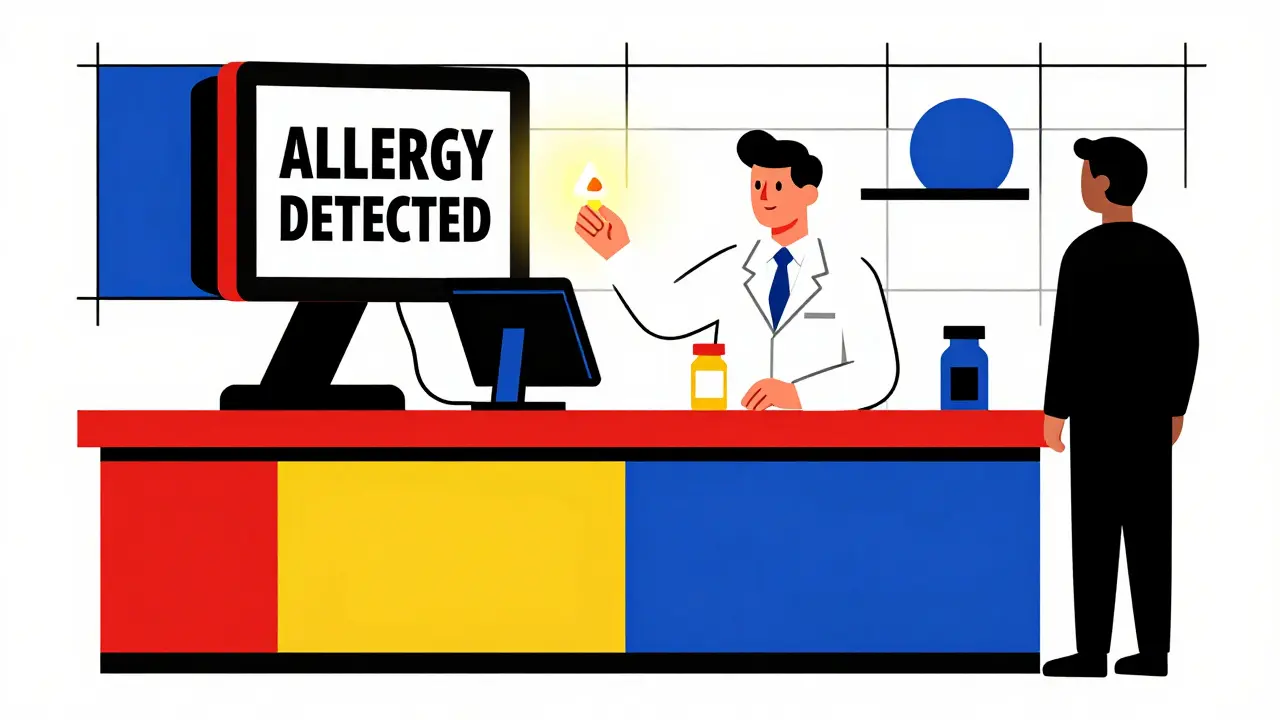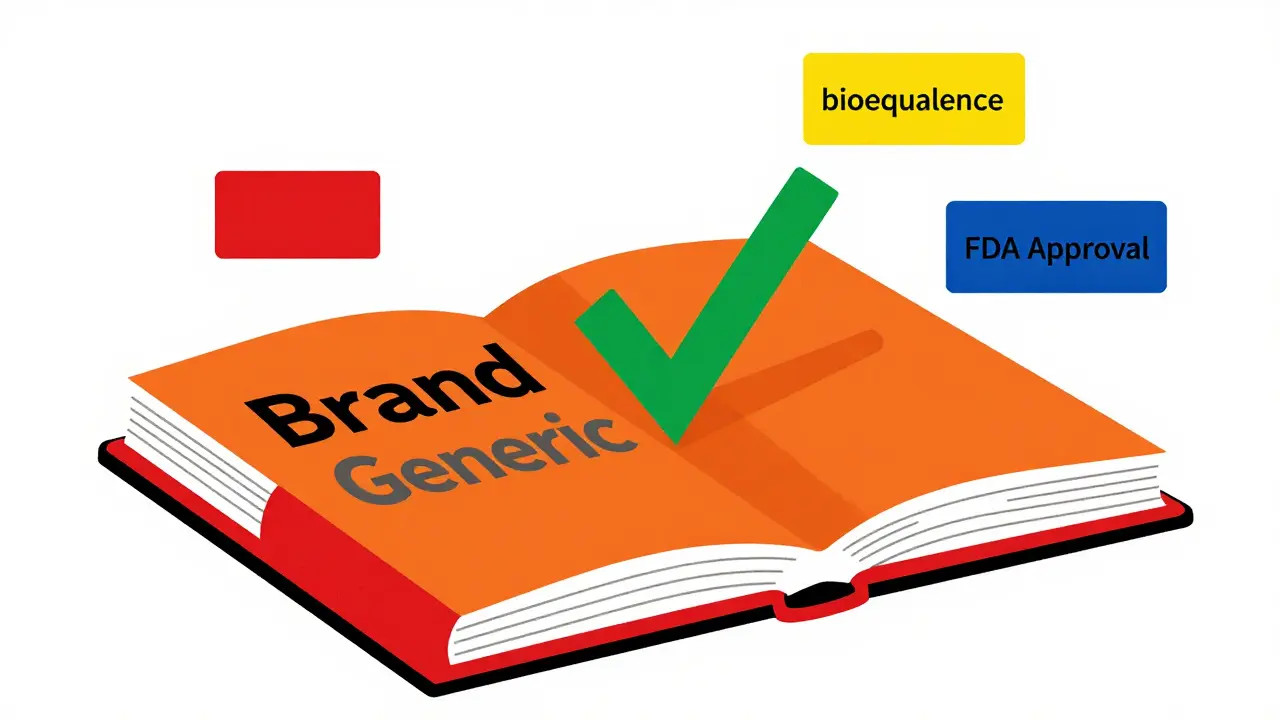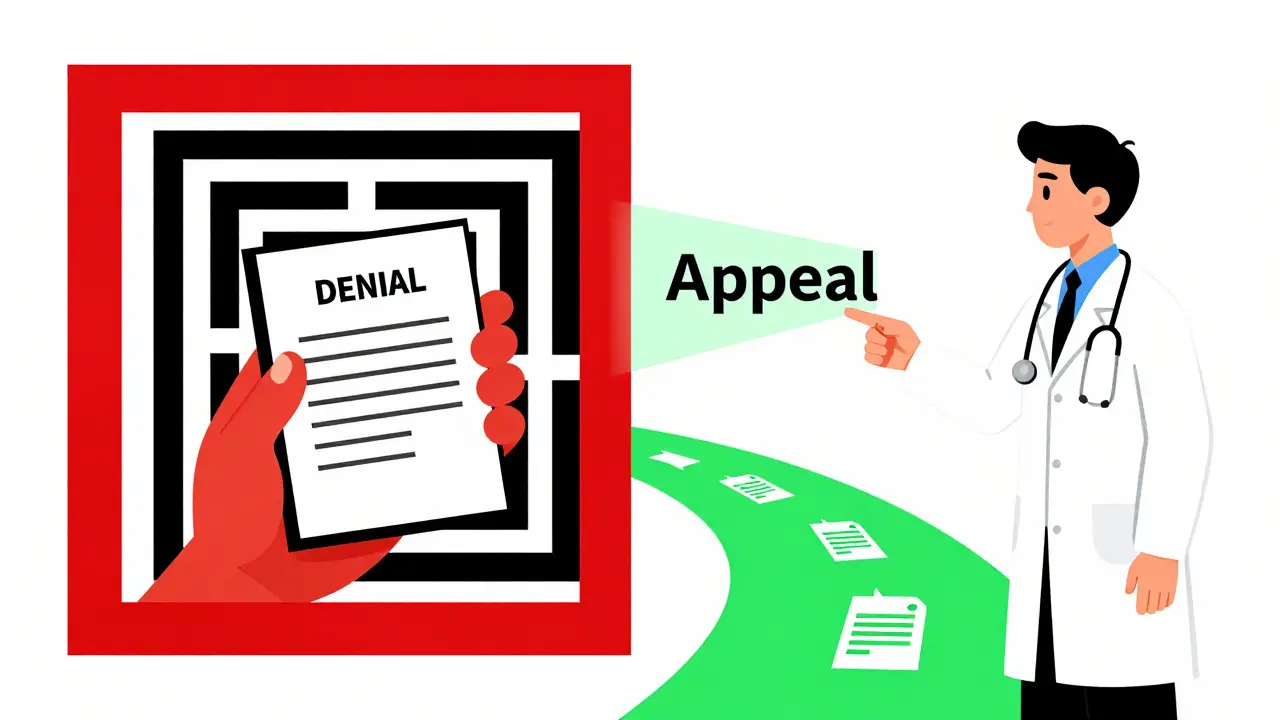Healthcare Resources
Not all health information online is safe to follow. On this page you'll find clear guides, trusted drug facts, and practical tips for choosing reliable sites so you can act with confidence when you need answers fast.
Find reliable health websites
Start with sources that publish evidence, list authors, and show dates. Government sites (NIH, CDC), major hospital systems (Cleveland Clinic, Mayo Clinic), academic centers and peer-reviewed journals are usually solid. Patient organizations can help too, especially for condition-specific advice, but check whether they rely on research or fundraising messages.
We also review general-purpose health sites and point out strengths and limits. For example, some sites are great for symptom explanations but not for drug interactions. Our article “Top 5 WebMD Alternatives for Reliable Health Information in 2024” highlights platforms that focus on expert review and transparent sourcing so you know where to trust details.
How to judge a site's trustworthiness
Look for these specifics: clear author names and credentials, citations to research, last-updated dates, and a privacy policy. If a page sells a product or hides advertising, treat its claims cautiously. Clinical guidelines and consensus statements are stronger than single expert opinion—sites that link to guidelines or primary studies are more reliable.
When reading drug pages, check dosage ranges, common side effects, serious warning signs, and known interactions. We summarize that information in our medication guides so you can compare options quickly. If you’re tracking side effects, write down the exact drug name, dose, start date, and symptoms—this makes conversations with your pharmacist or doctor far more productive.
Use simple search habits: add site:gov or site:edu to narrow results to official sources, include words like "guideline" or "review" when looking for evidence, and prefer recent results for fast-changing topics like new treatments or vaccine guidance.
If a condition feels urgent—severe chest pain, trouble breathing, sudden weakness—call emergency services. For non-urgent questions, a pharmacist can answer drug-interaction concerns and your primary care provider can interpret how new information applies to your health history.
This category keeps growing: practical drug facts, disease explainers, supplement advice, and guides on how to read medical studies. Browse the latest posts to find quick comparisons, trustworthy site lists, and step-by-step checklists you can use right away.

Pharmacy Workflow and Error Prevention Systems Explained
Feb 2 2026 / Healthcare ResourcesPharmacy workflow and error prevention systems use automation, barcode scanning, and AI to cut medication errors by up to 90%. Learn how these tools protect patients, save time, and are now essential in modern pharmacies.
VIEW MORE
The Orange Book: Understanding Therapeutic Equivalence and Generic Drug Substitution
Jan 26 2026 / Healthcare ResourcesThe FDA's Orange Book is the official guide to therapeutic equivalence between brand-name and generic drugs. Learn how TE codes determine substitution, why it matters for patients and pharmacies, and how the system saves billions annually.
VIEW MORE
How to Appeal a Prior Authorization Denial for Your Medication
Jan 15 2026 / Healthcare ResourcesLearn how to successfully appeal a prior authorization denial for your medication. Discover the step-by-step process, what insurers look for, how to get your doctor’s support, and what to do if you’re denied.
VIEW MORE
Verbal Prescriptions: Best Practices for Clarity and Safety in Healthcare
Jan 14 2026 / Healthcare ResourcesVerbal prescriptions are still used in emergencies but carry high risks. Learn the proven best practices - read-back, phonetic spelling, and strict documentation - that prevent deadly medication errors in hospitals and clinics.
VIEW MORE
How to Subscribe to FDA Drug Safety Alerts and Updates
Jan 7 2026 / Healthcare ResourcesLearn how to subscribe to free FDA drug safety alerts for recalls, medication risks, and safety updates. Get targeted email notifications for your medications and avoid dangerous recalls.
VIEW MORE
Top 5 WebMD Alternatives for Reliable Health Information in 2024
Oct 21 2024 / Healthcare ResourcesIn 2024, finding trustworthy health information online is more crucial than ever. WebMD has long been a go-to resource, but there are worthy alternatives available. This article explores five platforms that offer comprehensive and reliable health content. From the expert-driven Cleveland Clinic to the trusted NIH.gov, each option provides unique features for users seeking credible medical information.
VIEW MORE